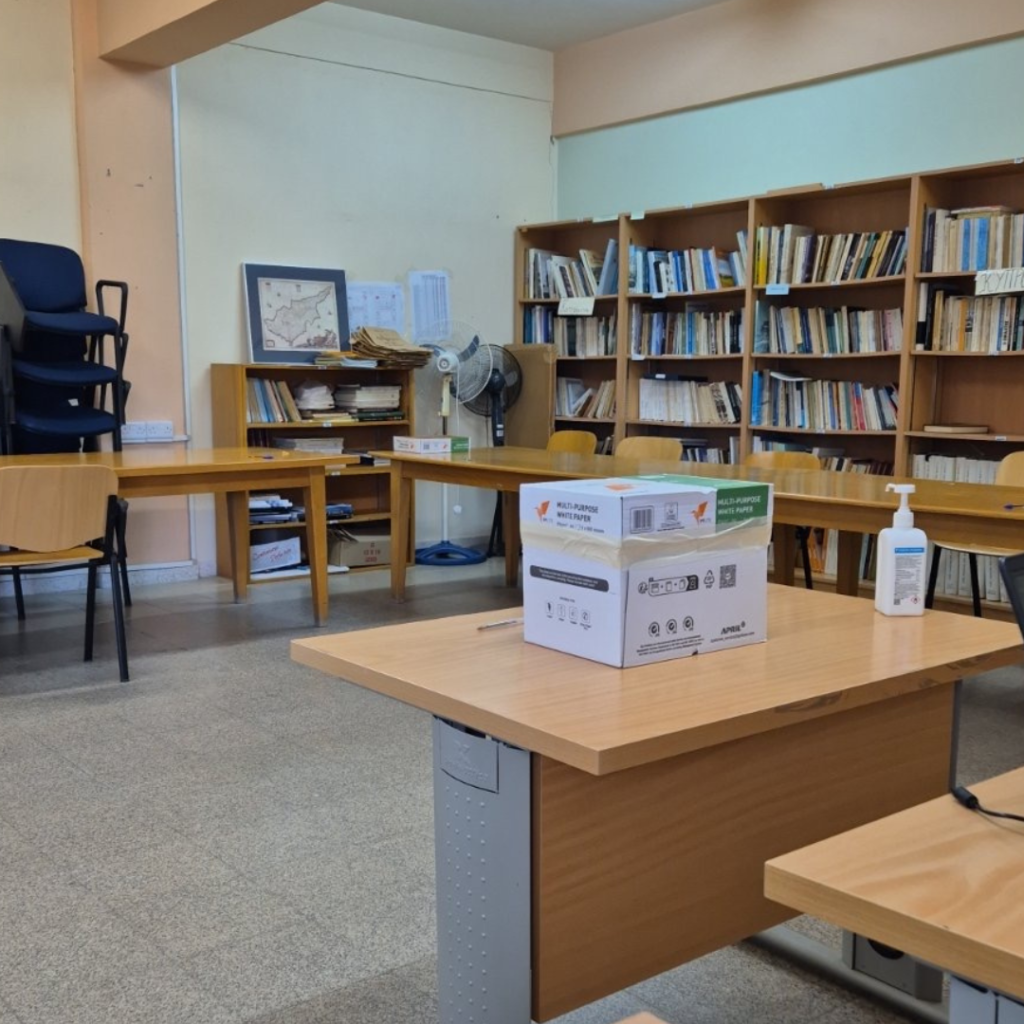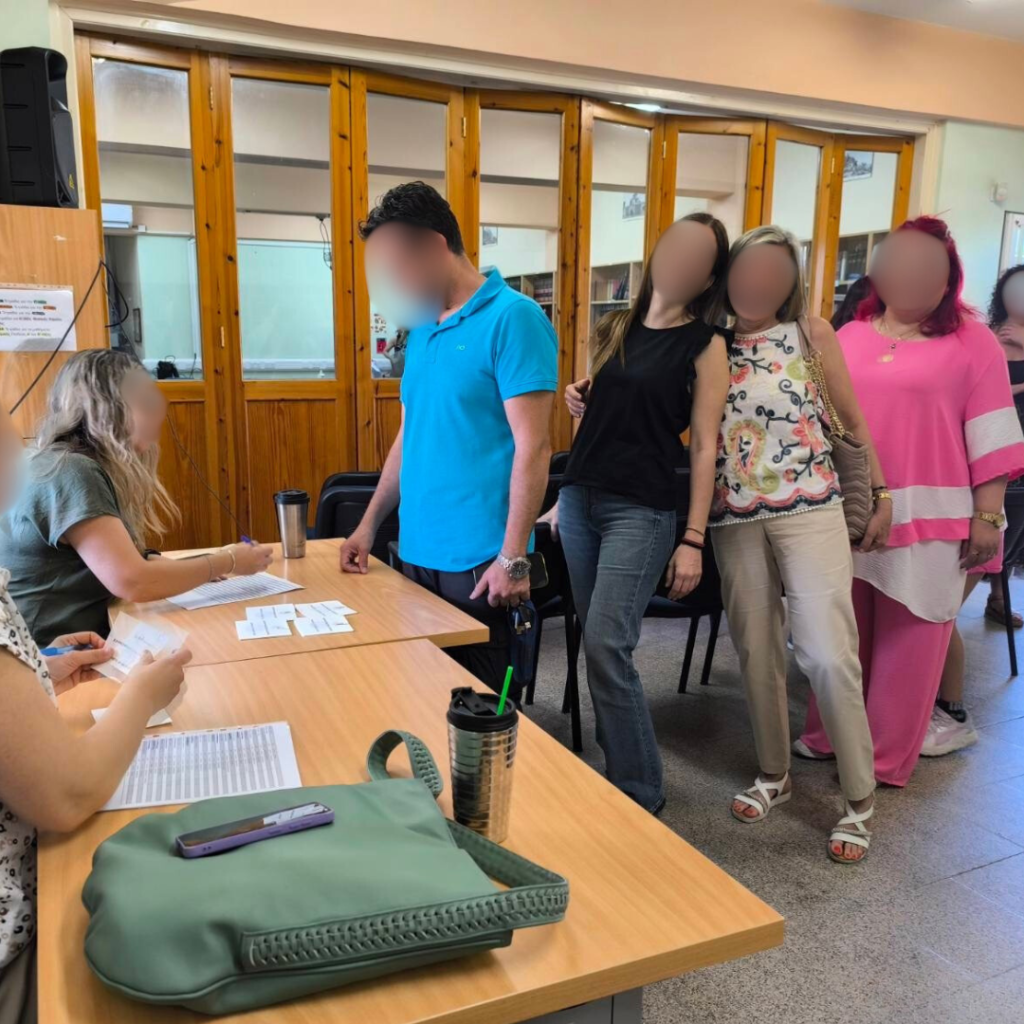The Cyprus Secondary Education Teachers’ Union (OELMEK) is holding a referendum today, Thursday, inviting secondary school educators to express their position on the Ministry of Education’s revised proposal for a new teacher evaluation system.
According to statements made to CNA by the President of OELMEK, Dimitris Taliadoros, the proposal—recently updated by the Ministry—will be put directly before teachers for a vote. The decision follows a meeting of the union’s Central Administrative Council on 9 May, which unanimously rejected the Ministry’s final version, citing a lack of genuine dialogue and substantive changes to address key concerns raised by the union.

In an official announcement, OELMEK strongly urged its members to vote “no” in the referendum, arguing that the Ministry’s proposal does not stem from meaningful or institutional consultation. The union criticises the Ministry of Education, Sport and Youth (Y.P.A.N.) for acting unilaterally by forwarding the proposal to the Cabinet and the House of Representatives despite ongoing disagreements.
The announcement lists a series of objections, highlighting that the proposed system:
- Dramatically increases the role of inspectors, introducing two new types (Evaluator Inspector and Advisory Inspector), both of whom would assess teachers annually using formative or numerical methods.
- Fails to establish a truly independent and objective second-level appeals body to ensure fairness.
- Imposes unnecessary stress on educators through compulsory ongoing training during both morning and afternoon hours.
- Overburdens newly appointed teachers with additional requirements beyond their initial pedagogical training.
- Utilises vague and subjective evaluation criteria.
- Introduces support programme procedures that may lead to indirect removal of tenure.
- Lacks the necessary infrastructure and staffing provisions within schools, placing disproportionate administrative burdens on school leadership.
- Promotes a bureaucratic, ineffective system rather than one that is meritocratic and modern.

OELMEK also accused the Ministry of misrepresenting the level of consensus, asserting that only one out of ten of the union’s proposals was actually accepted — contrary to claims that 80% were adopted. Furthermore, the union criticised the Ministry for making false promises, such as earlier promotions for teachers, and for excluding any mechanism to evaluate the evaluators themselves.
In a rare move, the Ministry is conducting regional presentations of the proposal — a practice OELMEK says is unprecedented and intended to sway public opinion rather than engage in sincere dialogue. The union described the initiative as a superficial attempt to gain support while ignoring the voices of those most affected: the educators themselves.
OELMEK concluded by calling on the Parliamentary Education Committee to return the submitted bill due to its lack of depth, transparency, and true consultation. The union deemed the proposal one of the most incomplete and ambiguous ever submitted for teacher evaluation reform in Cyprus.
The Pan-Cyprian Conference of General Representatives, the union’s highest body, is expected to convene in early June to further address the outcome of the referendum and decide on future actions.
Also read: Bomb explosion at a pub in Zakaki, Limassol


